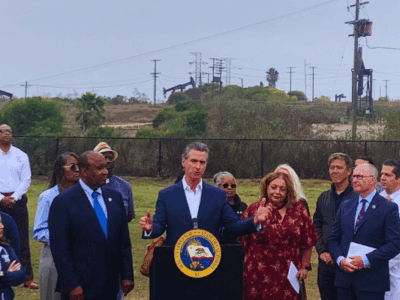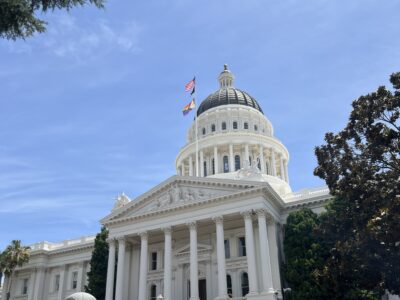Supreme Court Grants Review in Criminal Environmental Enforcement Case
The U.S. Supreme Court is obviously interested in environmental enforcement, or at least the legal issues arising out of environmental enforcement cases.
Today, the Supreme Court granted certiorari in a second environmental enforcement case it will hear and decide in its current Term. Southern Union Co v. United States, No. 11-94. This follows the justices’ earlier cert grant in Sackett v. USEPA, a lawsuit challenging EPA’s practice of issuing administrative enforcement orders to address Clean Water Act violations without providing alleged violators an opportunity to seek pre-enforcement judicial review. (The Supreme Court has scheduled oral arguments in Sackett for January 9th.)
The just-granted Southern Union Co. case arises out of a criminal enforcement action federal prosecutors brought under the Resource Conservation and Recovery Act (RCRA). The government sought criminal fines against Southern Union in response to a mercury spill at the company’s Pawtucket, Rhode Island site, where the mercury had been illegally stored.
Following a jury verdict finding Southern Union criminally liable under RCRA, the federal judge presiding over the case assessed a $6 million criminal fine, along with a $12 million “community service fee.” The specific issue in Southern Union is whether the judge could properly impose these fines and fees or, alternatively, if only the jury could do so.
Southern Union relies on the Supreme Court’s landmark 2000 decision in Apprendi v. New Jersey, which held that federal juries, rather than judges, must decide any facts leading to enhanced criminal penalties. The First Circuit Court of Appeals held in Southern Union that Apprendi doesn’t apply to financial penalties. In its cert petition, Southern Union asserts that several other federal circuits disagree, and that Supreme Court review is required to resolve the inter-circuit split. The Supreme Court apparently agrees.
Southern Union Co. v. United States will likely be argued before the justices in March 2012, and a decision in the case is expected by late June.
Reader Comments
2 Replies to “Supreme Court Grants Review in Criminal Environmental Enforcement Case”
Comments are closed.







environmental enforcement is an important issue and US must make such policy which support Criminal environmental enforcement cases
olathe kansas personal injury lawyer
environmental enforcement is an important issue and US must make such policy which support Criminal environmental enforcement cases
olathe kansas personal injury lawyer